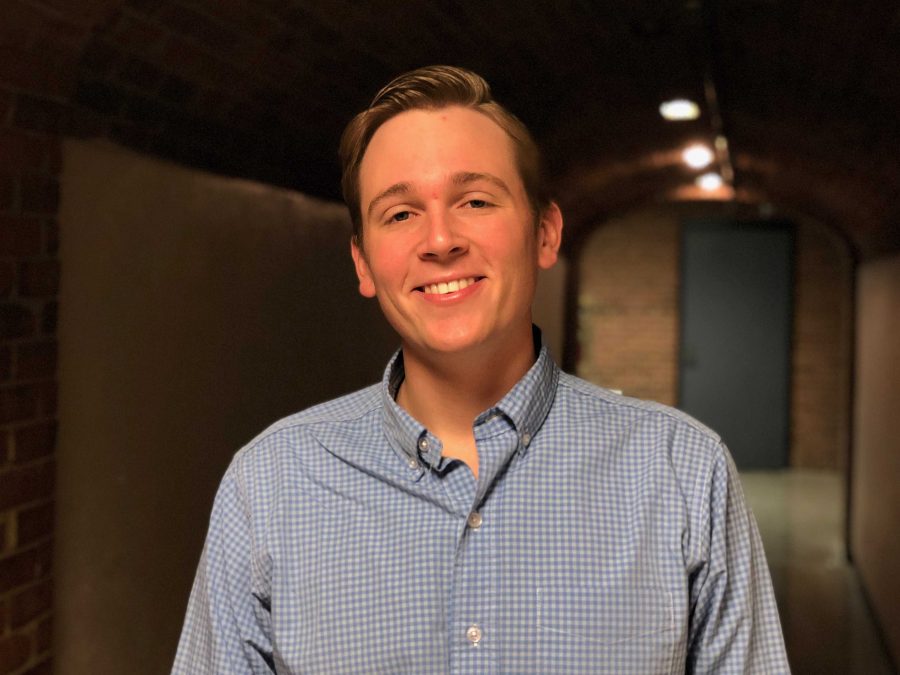“Remember, remember the 27th of September.”
I doubt that I will forget it for quite some time: a day that I missed class (with a fever, dear professors) to watch both Dr. Christine Blasey Ford and then-Judge Brett Kavanaugh testify before the Senate Judiciary Committee in the midst of nationwide rancor. Since that day, having listened to everyone from news anchors to fellow Vandy students, and my sweet Aunt Petunia in between, I think we would be a lot better off if more of America had called their bosses with flu-like symptoms, sat on their couches and watched the events proceed. But, I say this with the notion that if everyone just sat down and watched, and saw what I saw, that we would have to reach the same conclusion.
It’s obvious, right? We saw the same people, the same faces, the same man, and the same woman, didn’t we? We listened to the same words; you heard what I heard: the courage, the bravery, the pain and the hurt. You could empathize with the testimony, couldn’t you? You had to. Because I did, and you saw what I saw. And you heard what I heard.
Didn’t you?
But, you didn’t. You didn’t? What’s wrong with your eyes? Your ears, and your mind? All of my friends, my family, and sources, my influencers, they saw what I saw. They heard what I heard, felt what I felt and they know what I know. But, you didn’t.
How?
And yet, here we are. I see you. I hear you. If I reach out, I can empathize with you. I know you.
Or do I?
Maybe you’re one of them. The enemy, they lie. I know the truth, but you? You don’t speak it. Therefore, I know. It’s true: you lie. Who knows your motives? I don’t; I don’t care. For if you lie, then you must be evil. You’re like one of them: the enemy, the people who want to destroy my “way of life.” See? It’s simple. If I know the truth, then I know you’re not telling it. If I know you’re not telling it, then I know you lie. And if I know you lie, then I know you’re evil. And I hate evil.
Whaddya know? I hate you.
Stop.
Through that winding ramble, we exposed something. A stream of consciousness pierced right through the layers of arguments that never seem to nudge the conversation any closer toward understanding. We quickly and dangerously contort “I know the truth” into the vicious, callous, “I hate you.” In an instant, half the nation becomes “the enemy,” a term we use to conceal the humanity of those we target for utter destruction and death on the battlefield. We use that word to describe our very neighbors? Because you think “I know the truth.”
When I look at that statement, I sneer. Not because I’m a relativist (I’m not), but because I find the complete lack of humility disgusting, which I’m sure makes me a hypocrite (hypocrites also disgust me). And what can be said of those who so quickly label others “the enemy” for disagreeing with their enlightened “truth?” The complete lack of empathy really disgusts me.
What happens when we run the balance sheet of what we discussed above? This will not shock my liberal friends, but it does not prove Dr. Ford’s testimony. However – and sorry, conservative pals – it does not prove that Kavanaugh was telling the truth, either. The final tally tells us this: I do not know the truth, and neither do you.
We should stop pretending to know what happened 36 years ago. We should stop vilifying others for beliefs that differ from our own. We should stop crucifying a man over one credible allegation, withheld by the office of Senator Dianne Feinstein for six weeks from the FBI, which could have conducted a confidential investigation, revolving around a party nobody named by Dr. Ford remembers, and accusing a man who faced so much obstinate partisanship that United States Senators compelled him to defend what was written in a high school yearbook.
We should respect the reasons why someone might choose to believe Brett Kavanaugh – or Christine Blasey Ford – without jumping to the conclusion that those beliefs come from a place of malice. Instead, listen. Discover how someone could watch the same hearing, or hear the same witness, but not believe what you believe.
Then, maybe, we can start turning enemies back into neighbors.


Edward Crockett • Oct 29, 2018 at 8:59 pm CDT
Ryan,
I found your comments to be thoughtful. Too many people today do not even try to understand another persons view point if it differs from their own. Somewhere along the way Americans must return to some measure of civility if our nation is ever to reach its full potential. All the name calling and insults need to be scaled way back.
Keep true to your beliefs but respect the rights of others to differ.
Dr. Ed Crockett
Vandy 1974
Aiyappa Bollera • Oct 26, 2018 at 1:32 pm CDT
Does this take literally come out to “Appreciate that other people have good intentions and start listening?” Beyond being something incredibly banal and hopelessly overdone, what the hell is your point? You went on some bizarre strawman ramble, shoehorned in an odd “I’m-not-defending-Kavanaugh-but-also-he’s-totally-a-hero” line, and then ended with the idea that “you should listen.”
Also, let’s be real, this has nothing to do with us not “listening” to one another. You made a choice that basically amounted to “my ideological preference shaping the Supreme Court is what I care about.” Stop trying to cover up with this “we all have the same goal” BS, and just own up to that smh.